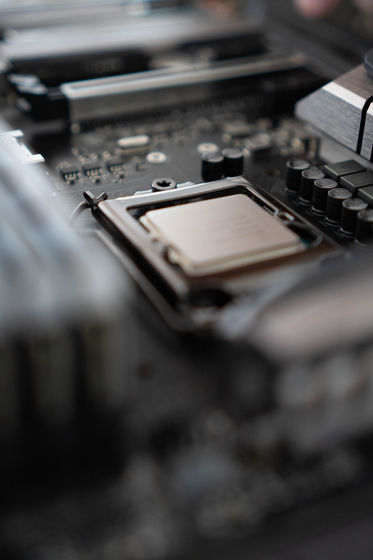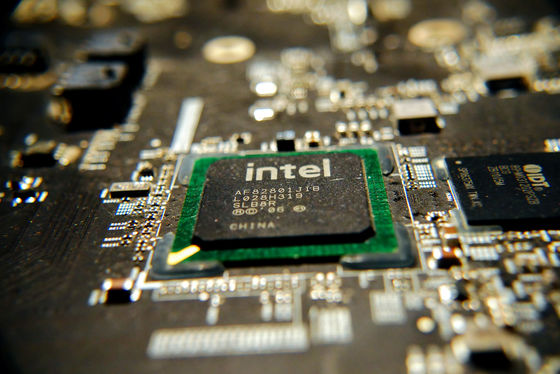EU member states sign joint declaration to invest more than 18 trillion yen in semiconductor manufacturing

17 EU member states cooperating in 'next generation reliable low power embedded processors' and 'development of advanced process technology' as a major driving force to establish Europe's position in the semiconductor design and manufacturing ecosystem Signed a joint declaration promising. This joint declaration will continue until the
EU Signs € 145bn Declaration to Develop Next Gen Processors and 2nm Technology --EE Times Europe
https://www.eetimes.eu/eu-signs-e145bn-declaration-to-develop-next-gen-processors-and-2nm-technology/

The European Commission , the EU's policy enforcement body, understands that state-of-the-art semiconductor technology, which develops processors for automobiles, medical devices, mobile phones, smart devices, etc., is a very important technology. He announced a joint declaration on semiconductor manufacturing to help Europe remain highly competitive in this area.
The Joint Declaration has been signed by 17 EU member states, which will strengthen cooperation in equipment and materials, design, manufacturing and packaging along the semiconductor value chain and increase investment in the field. The purpose is to go. A joint declaration by EU member states considers an investment of up to € 145 billion, which will be paid from the ' Recovery and Resilience Facility ' established by the EU to support recovery from the new coronavirus. is.
In order to receive financial support from the Joint Declaration, EU member states will introduce industrial personnel and carry out ambitious projects based on the ' Important Project of Common European Interest (IPCEI)'. I need to make a suggestion.

When planning a project related to semiconductor manufacturing via IPCEI, it is necessary to develop an advanced roadmap until the manufacturing technology of the 2nm process is established. Thierry Breton, Commissioner of the Internet Market at the European Commission, said, 'This joint declaration will play an even more important role in advanced processor chips in Europe's industrial strategy and digital sovereignty. It helps us leverage our existing strengths and embrace new opportunities. '
'European chip makers have a strong presence in the vertical markets such as automotive and industrial embedded systems, and Europe has a strong presence in mobile networks, including
Therefore, the joint declaration states, 'Design and finally manufacture the' next-generation reliable low-power processor 'for high-speed network connections, self-driving cars, aerospace, health and agricultural food applications, etc. in Europe. We will help strengthen our capabilities. Advanced processors in artificial intelligence, data centers, silicon photonics, supercomputers, quantum computing and other initiatives will help strengthen the entire value chain. ' It is written.

The 17 EU member states that have signed this joint declaration are as follows.
·Italy
・ Estonia
·Austria
·Netherlands
・ Cyprus
·Greece
·Croatia
·Spain
·Slovakia
·Slovenia
·Germany
·Finland
·France
·Belgium
·Portugal
・ Malta
·Romania
Related Posts:
in Hardware, Posted by logu_ii






